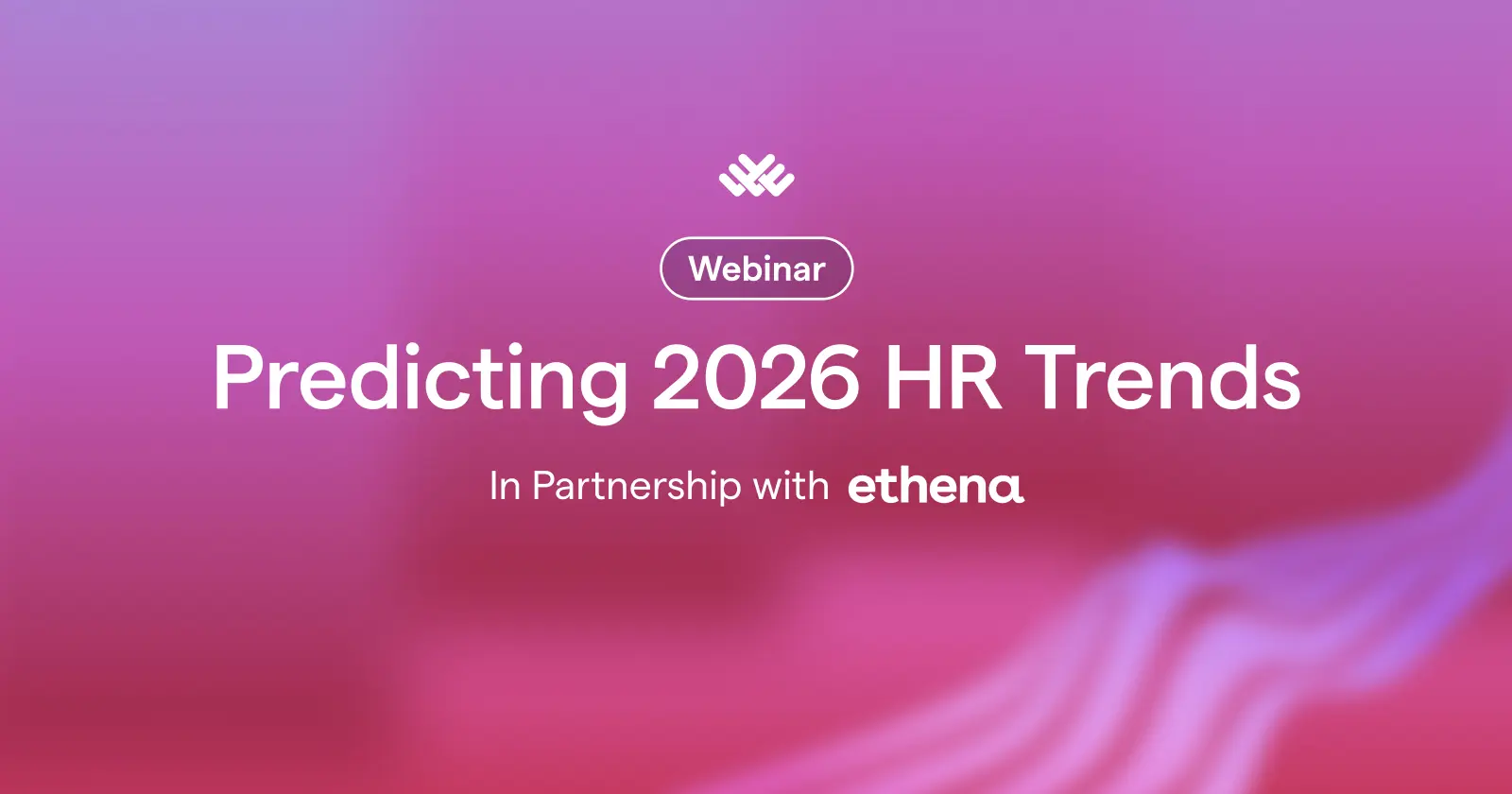What is an OKR?
Watch the webinar for free
By submitting your information, you agree to Lattice's Terms of Service and Privacy Policy. You can opt out anytime.
Here's a simple explanation of how to use OKRs and the OKR process for setting company goals; for more OKR tools check out our OKR 101 or check out Lattices Goals & OKRs.
Good OKRs help organizations align and stay that way by connecting company-level, team, and personal objectives to measurable results. This popular method for setting goals is defined by two characteristics: structure, and philosophy.
Structure: OKRs are built around two different questions.
1) Objective: Where do I want to go?
2) Key Result: How will I get there?
The Objective is the goal of the entire organization, team, or individual and the Key Results help you measure what matters in order to accomplish the objective (i.e., the "to do list"). This goal-setting framework is repeated from the top-down: from company objectives down to the goals of individual team members, which creates a cascading interplay of business goals that boosts employee engagement and keeps everyone aligned company-wide.
Philosophy: OKRs have a unique belief system around set goals that distinguishes itself from other goal setting methodologies.
- Ambitious: Objectives are set just beyond the threshold of what seems possible
- Measurable: Key Results are tied to tangible milestones
- Transparent: OKRs are viewable across the organization from the CEO down to the Intern
- Performance: OKRs are not synonymous with employee performance evaluations
This unique approach to goal setting was developed by Andy Grove at Intel and passed down to John Doerr who brought the company strategy to Google. Today, thousands of organizations from Spotify to the United States Navy use OKRs as one of their main management tools.

Your people are your business
Ensure both are successful with Lattice.


.webp)
.webp)
